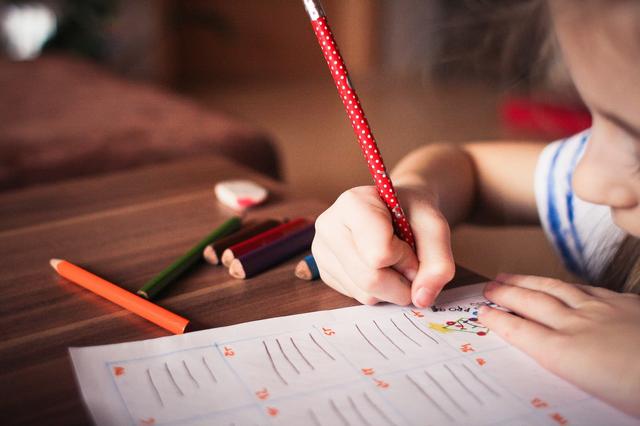They implement artificial intelligence project to stimulate cognitive development in boys and girls
Every year, more than 200 million children under five years of age cannot reach their maximum cognitive development, according to data from the World Health Organization (WHO).This situation is worrying, because 700 new brain connections are formed every second in the brain during the first years of life.
In our country, during the last decades public policies have been developed focused on increasing the coverage of participation and improving its quality.That is why with the purpose of strengthening the integral education of children in Chile, the start-up affinates together with the Children First Foundation (FNP), developed an innovative technology that uses artificial intelligence (AI) that will benefit a totalof 30 families from the commune of Cochamó, Los Lagos Region.
Read also: They develop artificial intelligence method to measure the amount of fertilizer in olive trees

The southern commune will be the protagonist of the first implementation of this project, which in a pilot phase will support parents, mothers and caregivers, through a digital tutoring via Facebook messages to promote early stimulation.
"How To Fool Your Friends With A Diary About Coming From A Different Planet" Is a Real Wiki Page That Exists for Real.IT UP look.
— Nomashawn Wed Sep 07 11:08:21 +0000 2016
What does it consist of?
This tutoring uses the AI to deliver educational content such as aging advice, activities and also guidelines for the performance of a skill test, in order to monitor the advances of their children who are in the age ranges of 0 to 6 years."We are proud to be able to incorporate more innovation to the processes in which we have been working since 2016 to improve initial education," said Anne Traub, director of FNP in a statement.
The project was the winner of the first edition of the Childtech 2021 technological challenge of Impactus Ventures, which allowed access to a financing of $ 30,000.
Children Foundation is first an early education program that was born in 2016 in Cerro Navia, with the aim of benefiting around 1,721 boys and girls between the 2 and 4 years living in vulnerable contexts.The program operates in 58 communes from the north, central and south of the country, with a strong presence in families of rural, lagging and extreme locations.
